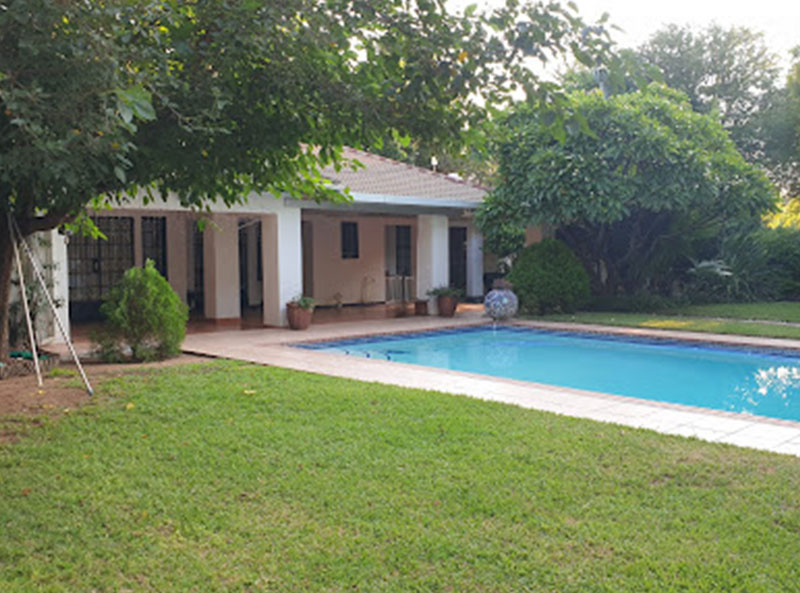Botswana has established a legal framework that encourages foreign investment while safeguarding the interests of the country and its citizens. This article explores the key aspects of foreign land and property ownership in Botswana, including the land tenure system, property purchase process, capital control implications, and potential challenges for investors.
Land Tenure System in Botswana:
In Botswana, the land tenure system is characterized by state land and tribal land ownership. Tribal authorities predominantly hold the majority of land, typically limiting access to Botswana citizens. However, foreign individuals and entities are allowed to own property, including residential and commercial real estate, in designated areas such as the capital city, Gaborone, or specified tourism zones. This dual system reflects Botswana’s efforts to balance traditional land tenure practices with modern development needs and to facilitate foreign investment in strategic sectors. While tribal land ownership remains prevalent, the allowance for foreign property ownership in certain regions underscores Botswana’s commitment to fostering economic growth and attracting international investment in key sectors of the economy.
Foreign Ownership of Land:
Foreign ownership of land in Botswana is typically limited to a duration of up to 99 years. The acquisition of land and property involves obtaining approval from the Ministry of Land Management, Water, and Sanitation Services, particularly for transactions involving foreigners.
Capital Control Implications:
Botswana implements regulations and controls that can impact the repatriation of funds from property transactions. The oversight of foreign exchange regulations falls under the jurisdiction of the Bank of Botswana, and foreign investors might encounter limitations on transferring proceeds from sales and rental income abroad. This procedure often requires documentation, approvals, and seeking legal counsel is crucial to adhere to local laws and regulations.
Investment Promotion and Incentives:
Botswana has been proactive in encouraging foreign investment, particularly in the real estate sector. Foreign investors may discover various incentives and initiatives aimed at attracting foreign capital, rendering the country an appealing choice for real estate ventures.
Securing Land Rights:
In Botswana, securing land rights is essential for real estate investors. Ensuring that land titles and rights are appropriately secured is vital to minimize risks and ensure the legality of investments.
Conclusion:
Foreign land and property ownership in Botswana is governed by specific laws and regulations designed to encourage investment while protecting the interests of the country and its citizens. By understanding the land tenure system, property purchase process, capital control implications, and potential challenges, foreign investors can make informed decisions when considering real estate investments in Botswana. Consulting with legal professionals, financial institutions, and relevant government authorities is essential to navigate the complexities of foreign land ownership and ensure compliance with local laws and regulations.





